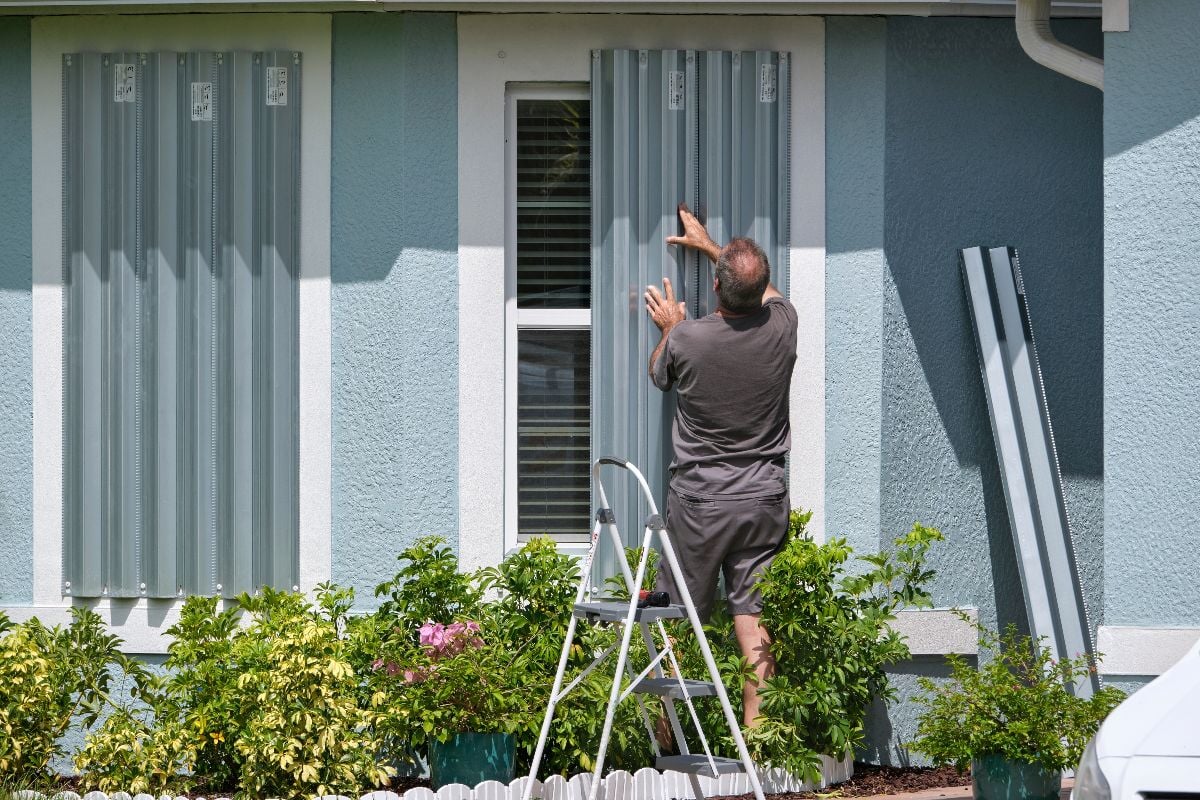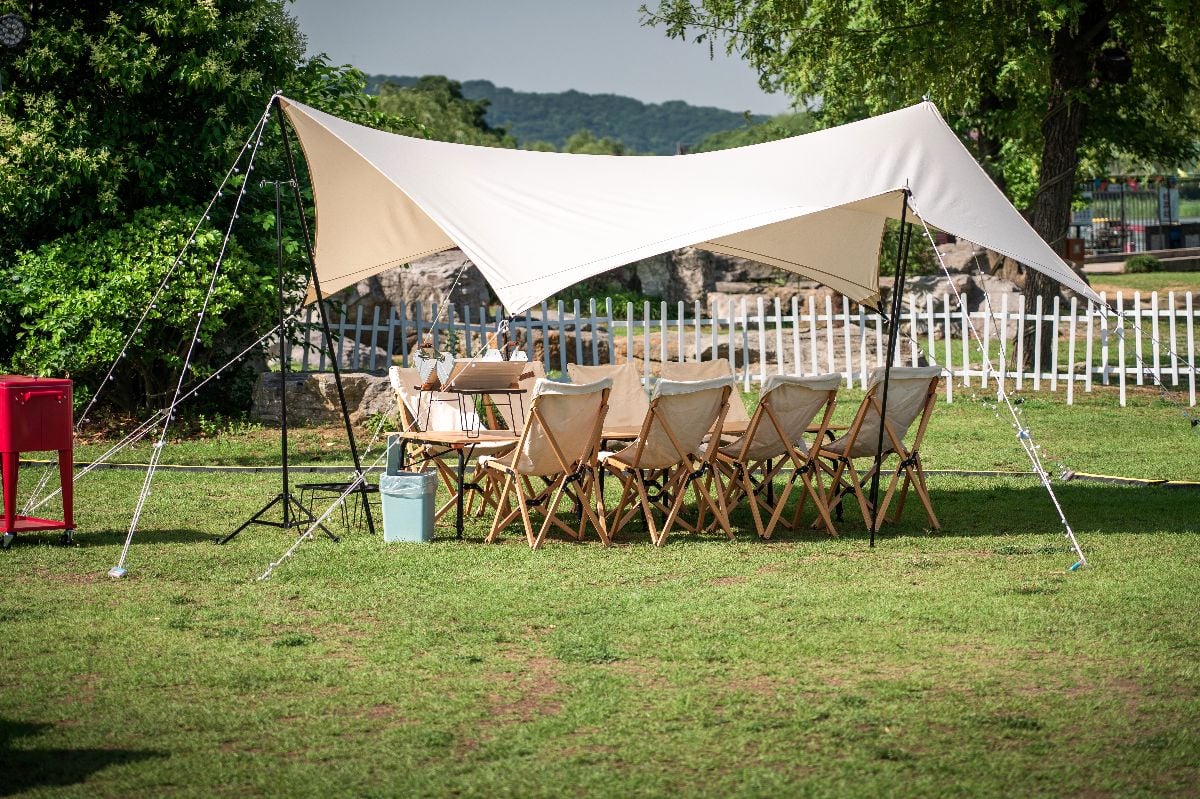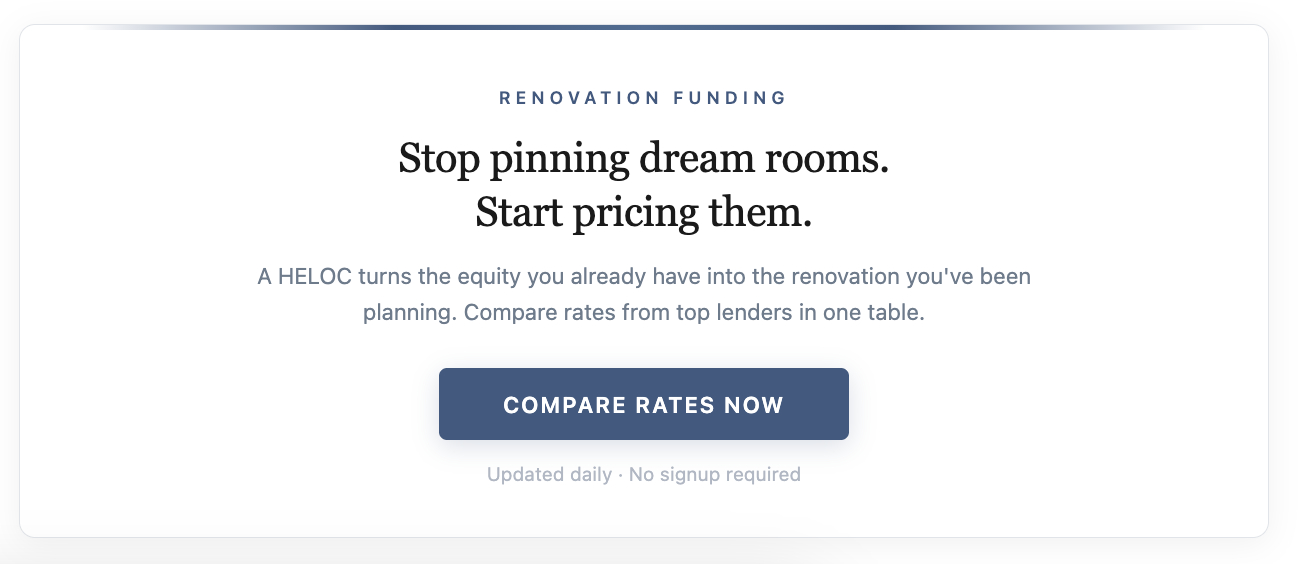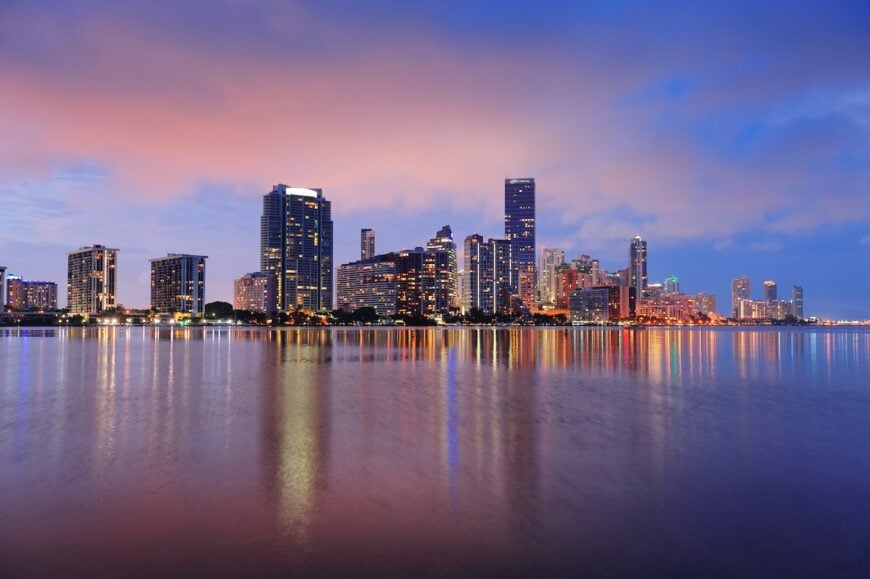
You think you understand survival essentials? Water, food, shelter? Cute. Try living in Florida where the weather wants to kill you, the wildlife wants to eat you, and the tourists want to drive you insane. Floridians have evolved beyond basic human needs into a specialized species with very specific requirements for daily survival.
25. Hurricane Tracking Apps – Doomscrolling, But With Radar Loops
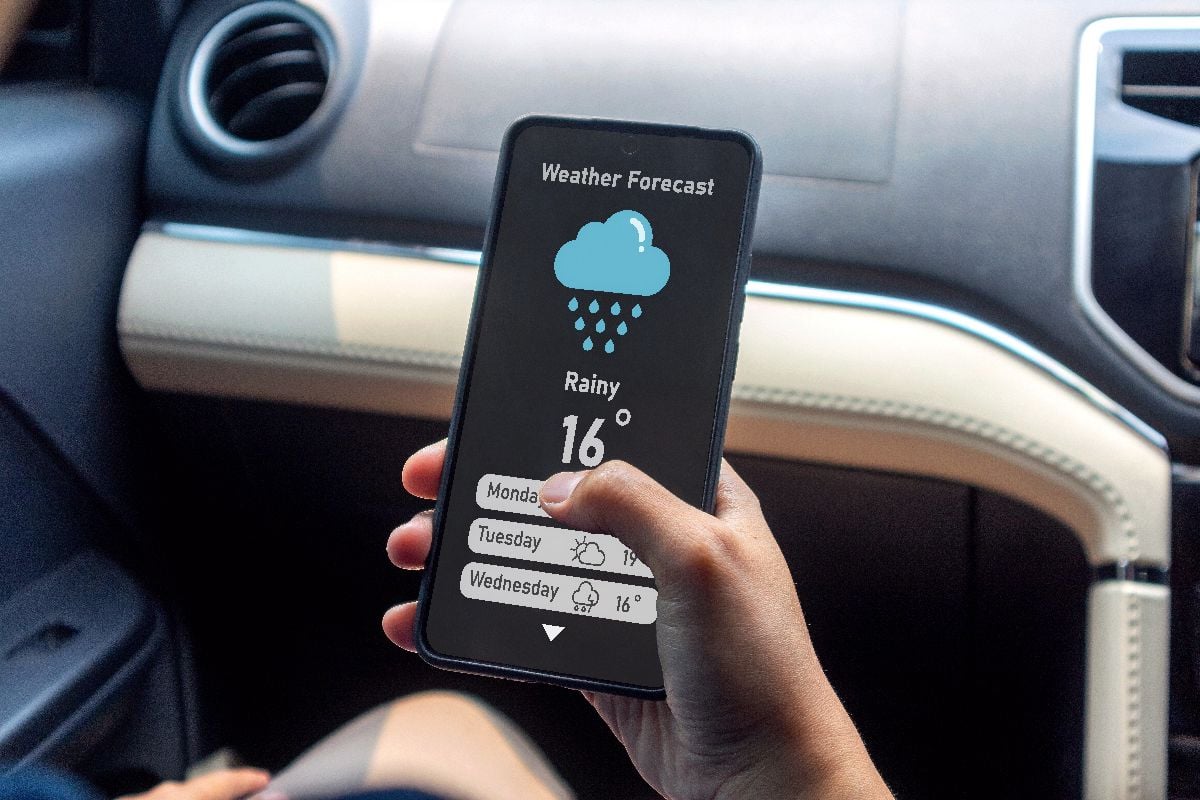
Every Floridian has at least three weather apps on their phone, and they check them obsessively from June through November. Not because they’re weather nerds—because their life literally depends on knowing if that tropical wave off the coast of Africa is going to ruin their weekend plans two weeks from now.
You’ll find Floridians comparing radar loops like stock traders analyzing market trends. “The European model shows it turning north, but the GFS has it coming straight for us.” These aren’t casual conversations—these are survival strategy sessions.
The rest of the country gets surprised by the weather. Floridians plan their entire existence around the possibility that a Category 5 hurricane might decide to vacation in their neighborhood. Your hurricane app isn’t just software—it’s your early warning system, your peace of mind, and your excuse for why you bought 47 cases of water in July.
24. Industrial Strength Sunscreen – SPF: Survival Protection Factor
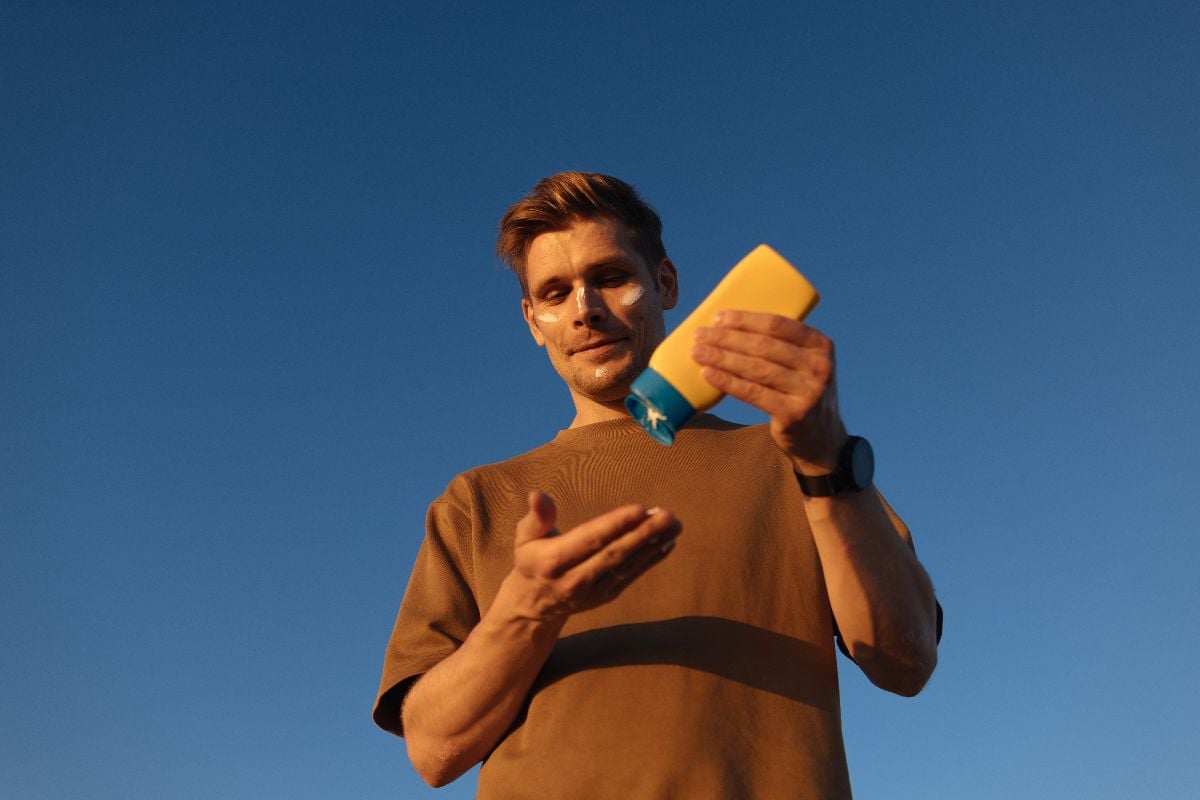
SPF 15? That’s adorable. SPF 30? You’re getting warmer. SPF 50+? Now we’re talking Florida survival. The sun in Florida doesn’t just tan you—it actively tries to turn you into jerky, and the only thing standing between you and looking like a leather handbag is serious sunscreen applied with the dedication of a house painter.
Floridians don’t mess around with the drugstore stuff. They buy sunscreen in bulk, apply it like they’re frosting a cake, and reapply every hour on the hour because they’ve learned that Florida sun can burn you through clouds, windows, and sometimes pure determination.
The rookie mistake is thinking you only need sunscreen at the beach. Wrong. You need sunscreen to walk to your mailbox. You need sunscreen to pump gas. You need sunscreen to think about going outside. The Florida sun is always watching, always waiting, always ready to remind you who’s really in charge.
23. Multiple Air Conditioning Units – The Only Backup Plan That Matters
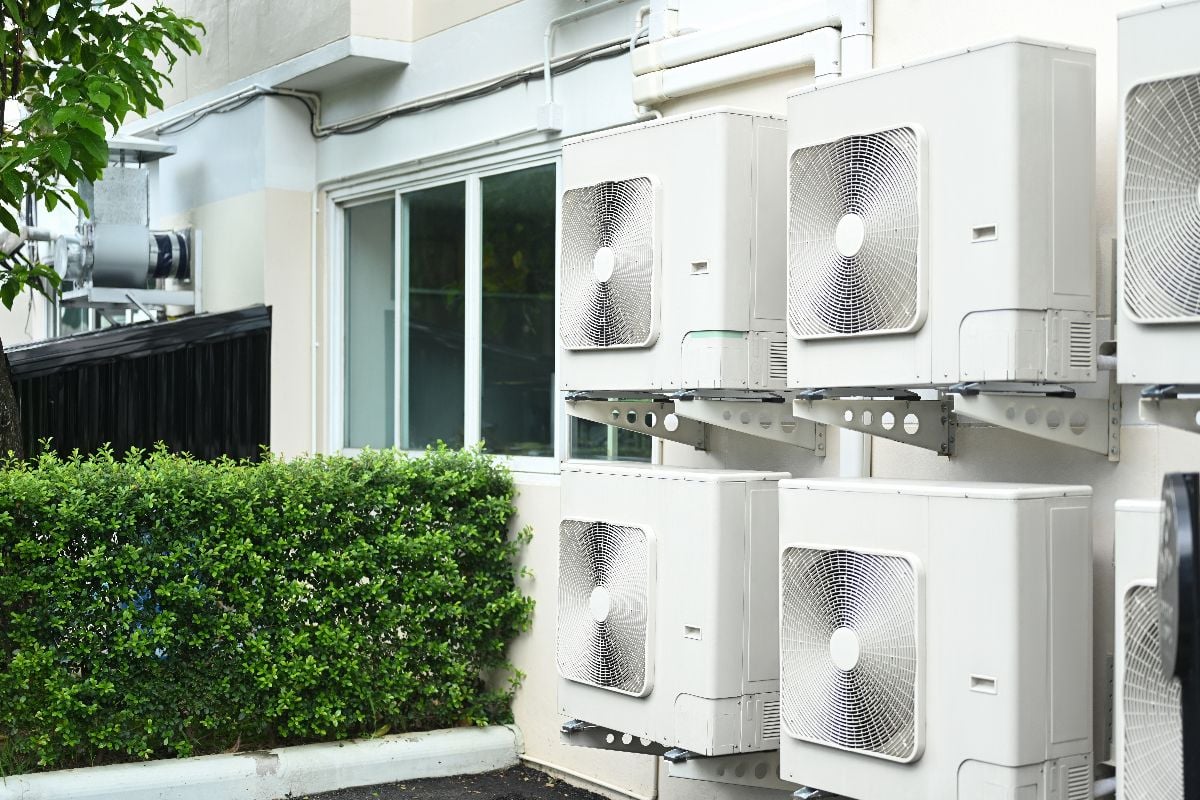
One AC unit per house? That’s for amateurs. Floridians operate backup systems, window units for emergencies, and portable units they can move around like air conditioning artillery. When it’s 95 degrees with 90% humidity, your central air isn’t just comfort—it’s life support.
You learn to baby your AC like it’s a sick relative. Regular maintenance isn’t optional—it’s survival insurance. You change filters religiously, have repair guys on speed dial, and know exactly which rooms get the best airflow because you’ve mapped your house like a climate scientist.
And when your AC breaks in August? That’s not an inconvenience—that’s a legitimate emergency. You’ll pay whatever it costs to fix it because spending $500 on emergency repair is cheaper than relocating to Alaska until October.
22. Bug Spray – Florida’s Signature Scent
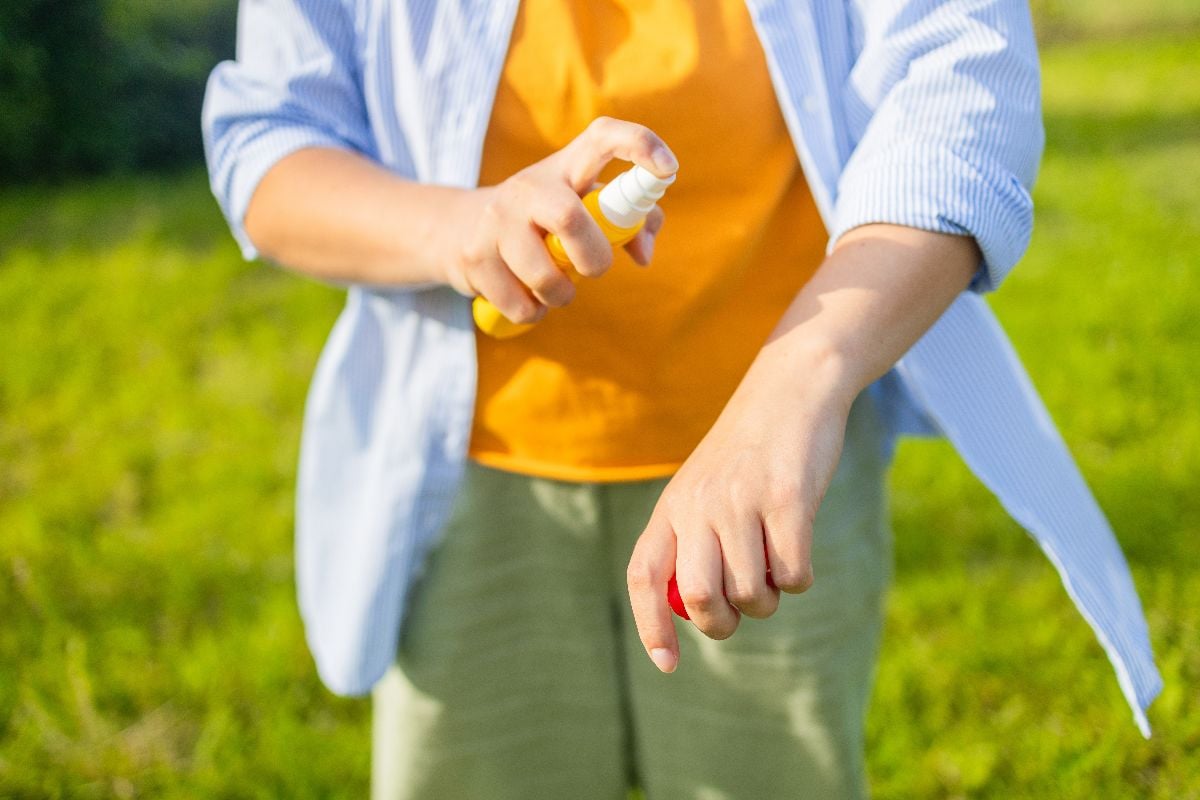
Were You Meant
to Live In?
Florida mosquitoes aren’t just insects—they’re tiny vampires with wings and the persistence of telemarketers. Regular bug spray is like bringing a water gun to a machine gun fight. You need the industrial-grade stuff that makes EPA warnings look like gentle suggestions.
DEET isn’t just an ingredient—it’s a lifestyle choice. You spray yourself before going outside, after going outside, and sometimes just for walking past a window. The smell of bug spray becomes your signature scent, and you stop noticing when people step back during conversations.
And it’s not just mosquitoes. Florida has no-see-ums that bite like angry needles, love bugs that turn your car into an insect graveyard, and palmetto bugs that are basically cockroaches with attitude problems. Bug spray isn’t beauty care—it’s armor.
21. Flip-Flops – Formalwear, Casualwear, Survival Gear
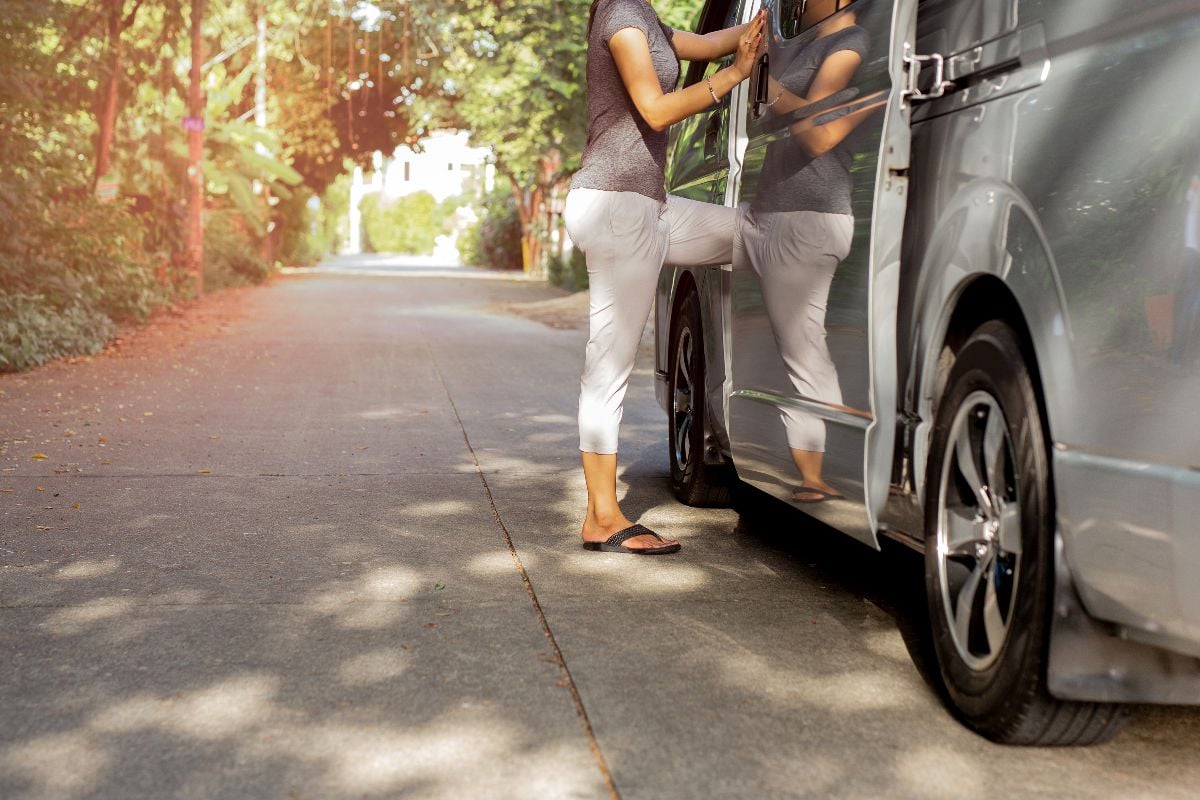
Closed-toe shoes in Florida are for special occasions like job interviews and funerals. Everything else calls for flip-flops because when it’s hot enough to fry an egg on the sidewalk, you need footwear that allows for maximum air circulation and quick removal for beach situations.
You own flip-flops for different occasions: beach flip-flops, running errands flip-flops, nice dinner flip-flops, and backup flip-flops for when one breaks at the most inconvenient moment possible. Because flip-flops always break at the worst times—it’s like a law of physics.
Floridians can run in flip-flops, drive in flip-flops, and navigate theme parks in flip-flops with the skill of Olympic athletes. You’ve developed foot muscles that don’t exist in colder climates, and you can flip-flop walk on hot asphalt without breaking stride or breaking skin.
20. Pool Maintenance Supplies – Clear Water or Neighborhood Shame
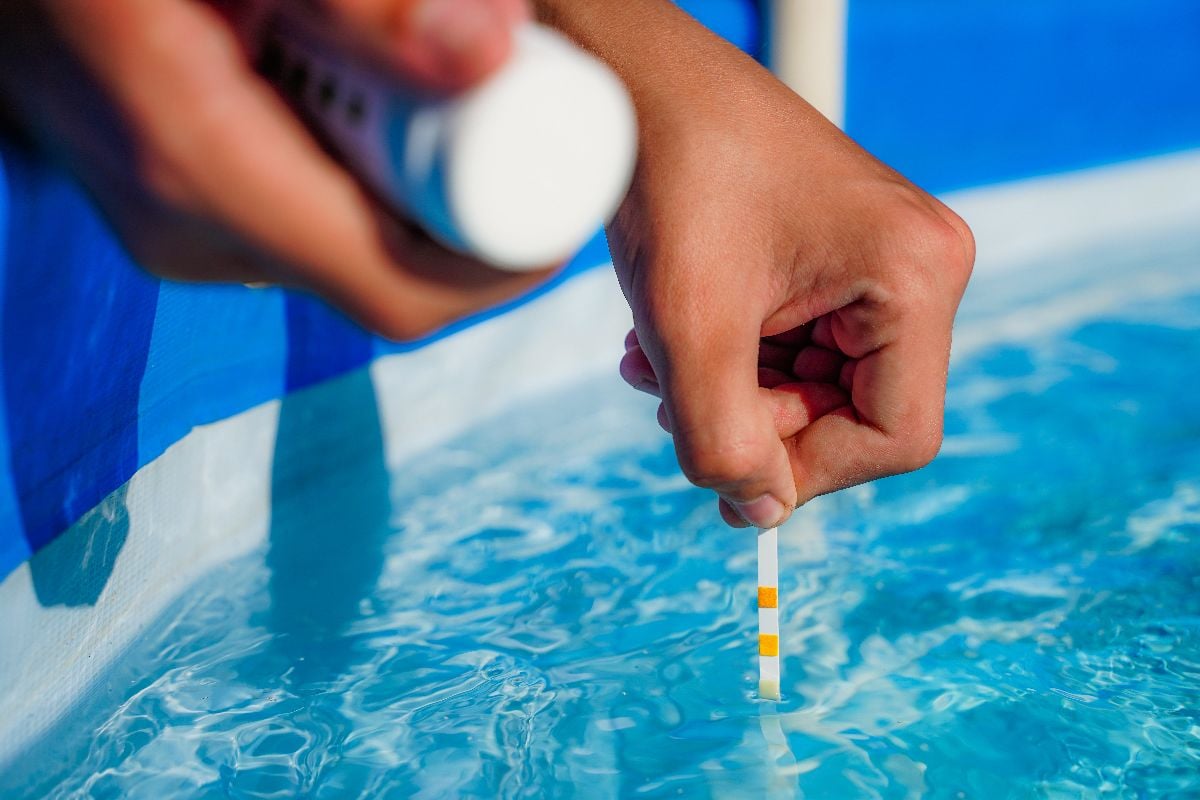
Having a pool in Florida isn’t a luxury—it’s basically mandatory for mental health. But maintaining that pool becomes a part-time job that requires more chemistry knowledge than most college courses.
You become an expert in pH levels, chlorine ratios, and algae prevention because green pools aren’t just ugly—they’re embarrassing. Your neighbors will judge you, your property value will drop, and you’ll become “that house” with the swamp in the backyard.
Pool maintenance supplies aren’t just purchases—they’re investments in your sanity. When it’s 100 degrees outside and your pool is crystal clear, you’re not just cooling off—you’re winning at Florida. When your pool turns green, you’re basically admitting defeat to the climate.
19. Hurricane Shutters or Plywood – Seasonal Window Dressing
Hurricane shutters aren’t home improvement—they’re survival equipment. You either have the fancy accordion shutters that make your house look like a fortress, or you have a garage full of plywood cut to exact window measurements with your address spray-painted on each piece.
Installing shutters isn’t fun. It’s hot, exhausting work that you do while watching the weather radar and hoping you’re not overreacting. But overreacting beats under-reacting when winds start hitting triple digits and your windows become the weak link in your survival plan.
The worst part? You install them for every storm threat, even the ones that turn north at the last minute. But the one time you don’t install them is guaranteed to be the time that Category 4 decides to test your confidence.
18. Publix Shopping Loyalty – In Subs We Trust
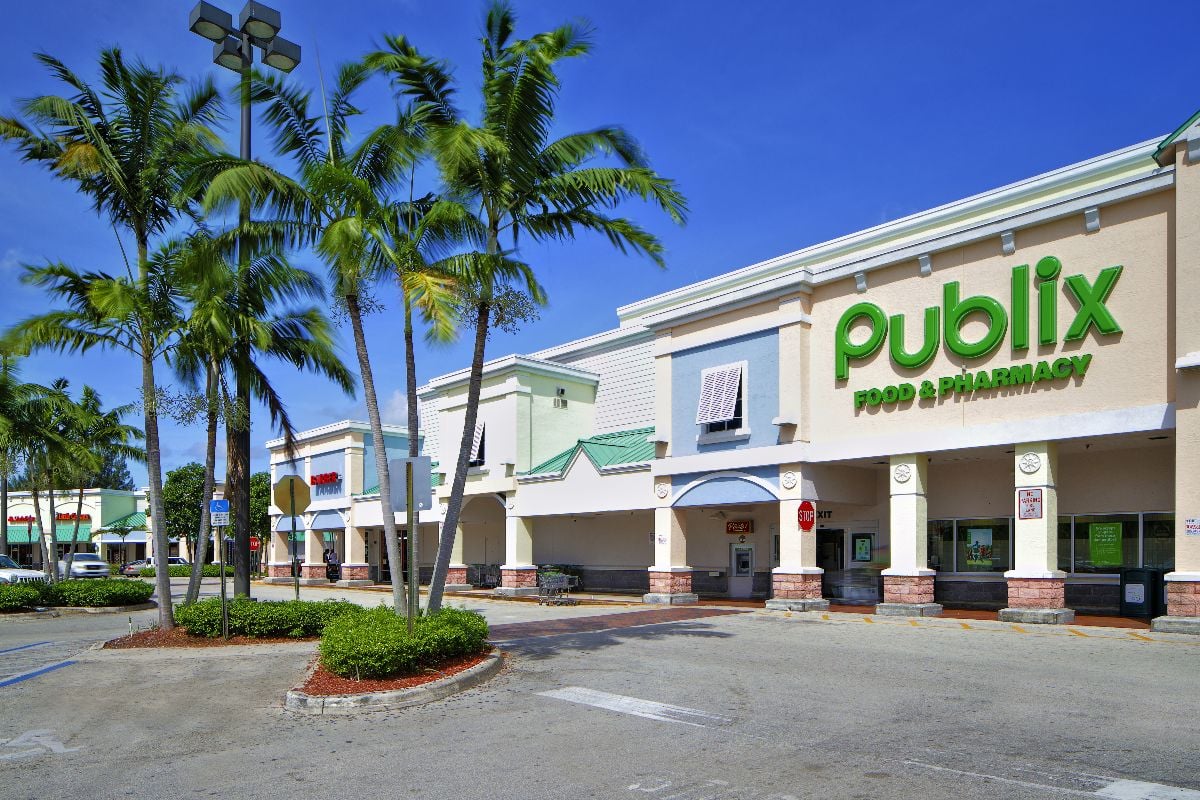
Publix isn’t just a grocery store—it’s a Florida institution that understands Southern hospitality, hurricane preparedness, and the specific needs of people who live in paradise with attitude problems. The employees actually seem happy to be there, which is suspicious until you realize they’re just reflecting genuine company culture.
Pub subs aren’t just sandwiches—they’re cultural touchstones. You have your regular order, your backup order, and strong opinions about whether the chicken tender sub is better than the turkey and cheese. These debates matter more than local politics.
And during hurricane season? Publix becomes mission control for survival supplies. They stock up on bread, water, and batteries like they’re preparing for the apocalypse, because in Florida, sometimes they are. Other grocery stores panic. Publix just handles business.
17. Gatorade – Florida’s Other Tap Water
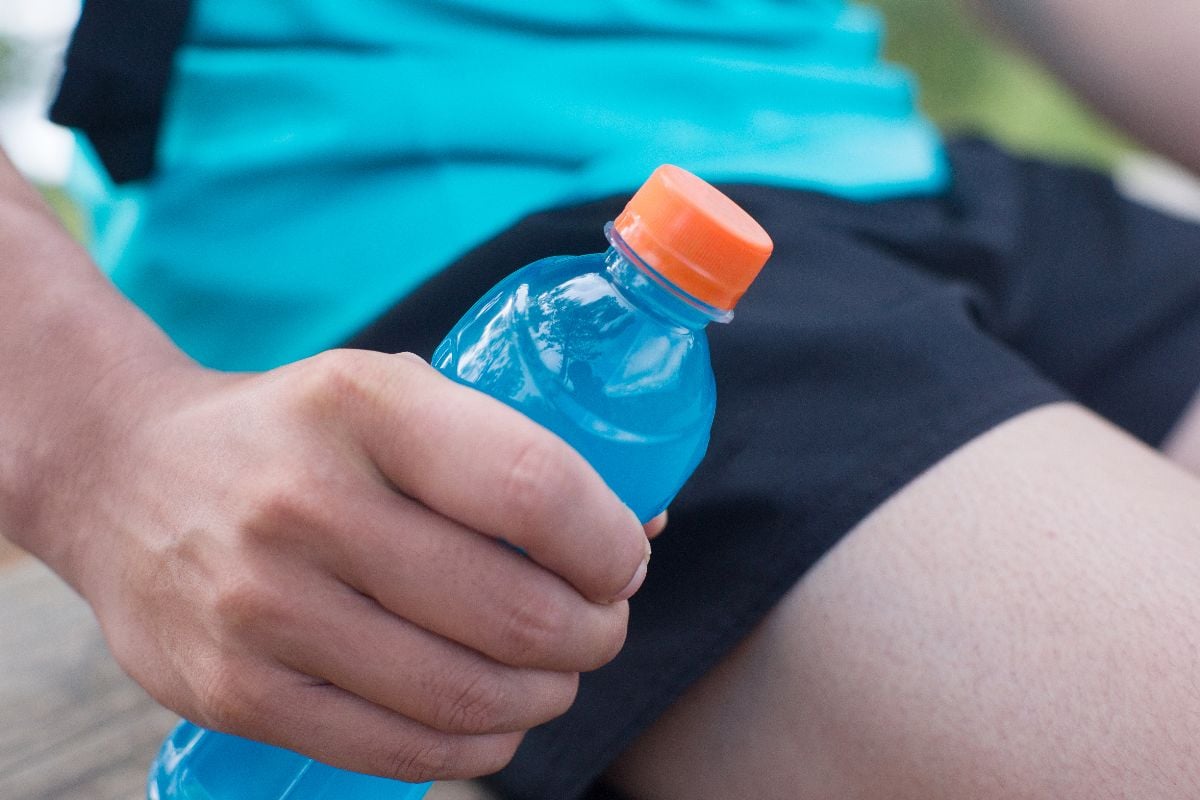
Water is fine for other states. Florida requires industrial-strength hydration because sweating isn’t just perspiration—it’s a full-time job. You lose electrolytes just thinking about going outside, and regular water doesn’t cut it when you’re basically melting for six months straight.
You buy Gatorade in bulk, not because you’re an athlete, but because living in Florida is an endurance sport. Different flavors for different occasions: blue for yard work, orange for beach days, and something tropical for pool maintenance, because you might as well embrace the theme.
The gas station Gatorade cooler becomes your best friend. You grab one for the drive, one for the destination, and one for the drive home because dehydration sneaks up on you faster than tourist season traffic.
16. Beach Gear – The Whole Arsenal
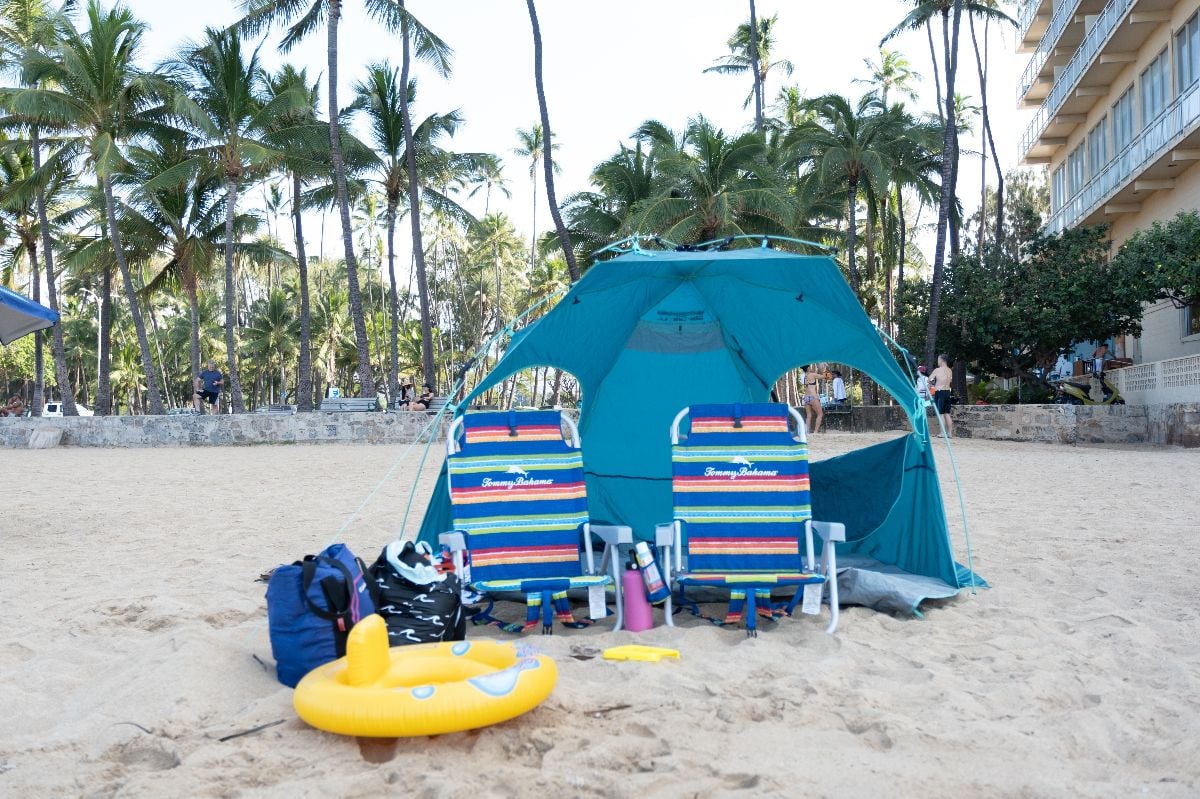
Going to the beach in Florida requires more equipment than most camping trips. You need chairs, umbrellas, coolers, toys, games, sunscreen, towels, speakers, and enough snacks to supply a small army because beach time isn’t just recreation—it’s an all-day commitment.
Your beach bag is basically a mobile survival kit. You’ve got backup sunscreen, extra towels, waterproof phone cases, and enough quarters for parking meters because beach parking is expensive enough to make you reconsider your life choices.
And you don’t just go to any beach. You have your beach, with your preferred parking spot, your usual setup location, and your established routine. Beach loyalty runs deep because when you find a good spot that isn’t overrun with tourists, you protect it like family property.
15. Theme Park Annual Passes – Survival Tool for Visiting Relatives
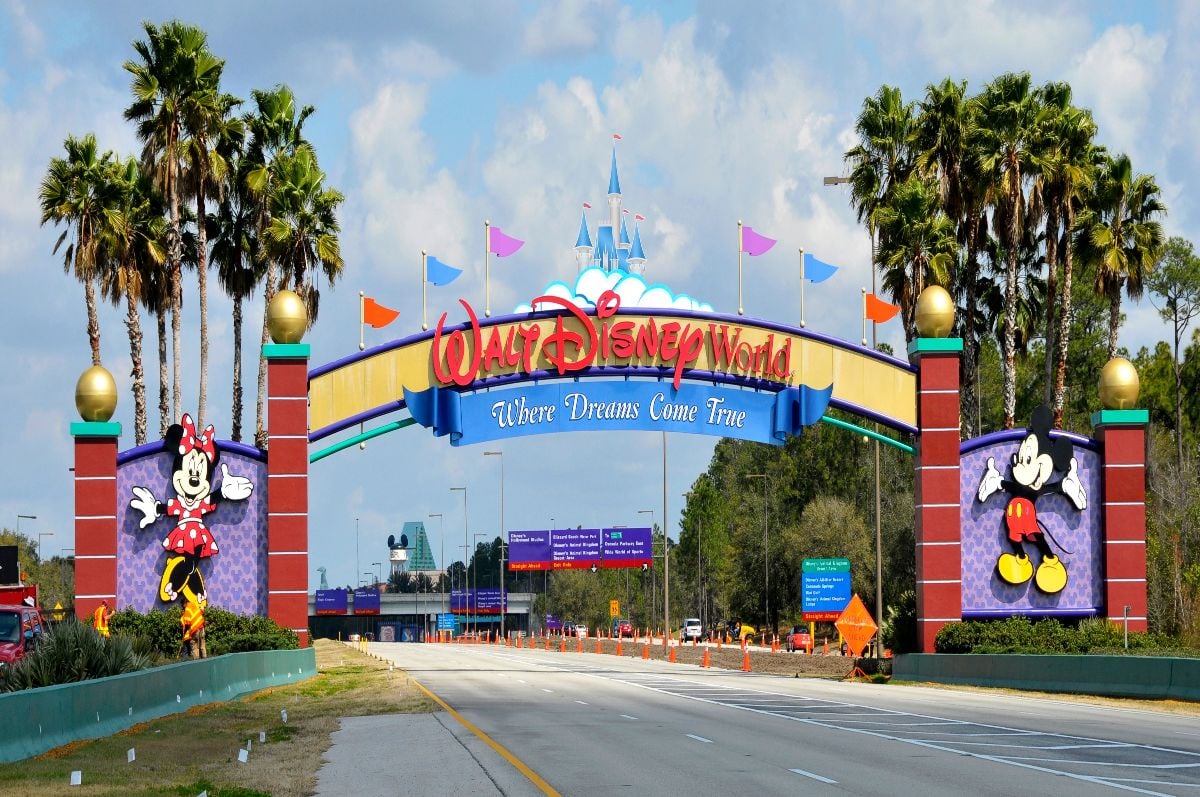
Living near Disney World or Universal Studios without annual passes is like living in Paris and never visiting the Eiffel Tower. Except worse, because you’ll have visitors constantly asking you to take them to theme parks, and day tickets cost more than most car payments.
Annual passes aren’t just entertainment—they’re survival tools for dealing with out-of-town guests who assume you have unlimited time and money to play tour guide. “Sure, we can go to Magic Kingdom. I have a pass” sounds way better than “That’ll be $400 for our family, plus parking, plus food.”
Plus, when you have passes, theme parks become your backyard. You can go for two hours, ride a few rides, eat a Dole Whip, and leave without feeling like you need to squeeze every penny of value out of the experience. It’s liberating in a weird, financially questionable way.
14. Key Lime Pie – Citrus Therapy in a Crust
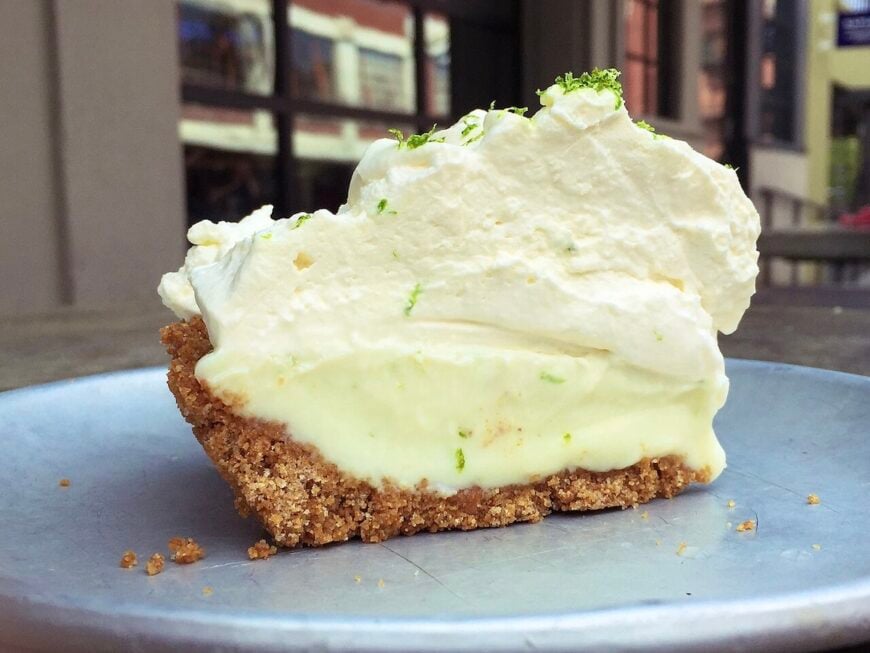
Other states argue over pumpkin or pecan. Florida settled the matter with a pie that tastes like sunshine and humidity bottled in custard form. Born in the Keys in the late 19th century, key lime pie is so essential that lawmakers in Tallahassee made it the official state pie in 2006, as if anyone needed convincing.
The rules are simple: the filling must be yellow, because real key limes are yellow, not the neon green nonsense sold to tourists. The crust is almost always graham cracker, though purists still fight about it, and the topping sparks holy wars — meringue versus whipped cream is Florida’s own civil conflict.
You’ll find it everywhere, from upscale restaurants serving delicate slices to roadside diners balancing wedges the size of your head on paper plates. One bite cuts straight through the swampy heat, balancing tart and sweet like a survival mechanism. In Florida, key lime pie isn’t dessert. It’s therapy, bragging rights, and proof you actually live here.
13. Boat or Boat Access – Your Ticket to Sandbars and Sanity
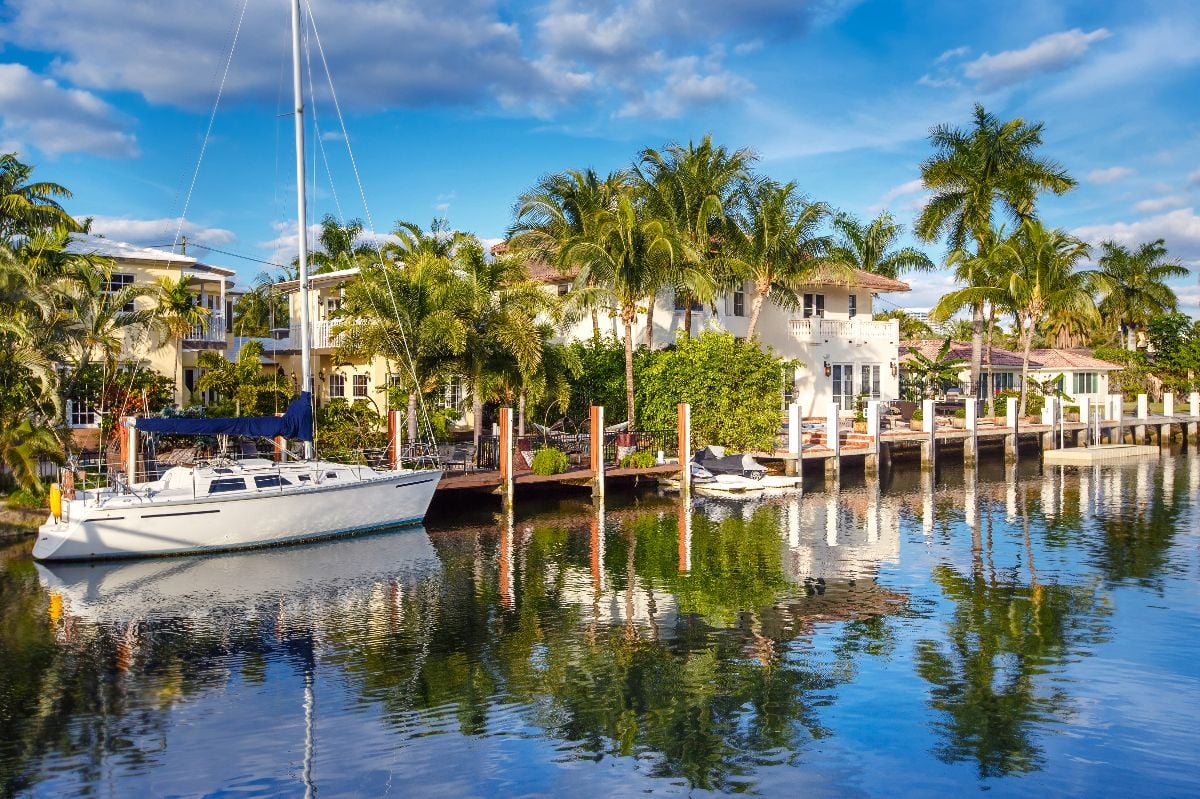
Living in Florida without boat access is like living in Colorado without skis. You’re surrounded by water—ocean, bays, rivers, lakes, and canals—but you’re stuck on land like some kind of aquatic peasant.
You either own a boat, know someone who owns a boat, or have a detailed plan for gaining boat access because some of the best parts of Florida are only accessible by water. Sandbar parties, secluded beaches, and fishing spots that haven’t been discovered by tourists require marine transportation.
Boat ownership is expensive, time-consuming, and occasionally frustrating, but it’s also the difference between being a Florida resident and being a Florida participant. Plus, owning a boat makes you automatically popular, which is nice until everyone expects you to provide the boat for every group outing.
12. Sand Removal Strategies – Because the Beach Follows You Home
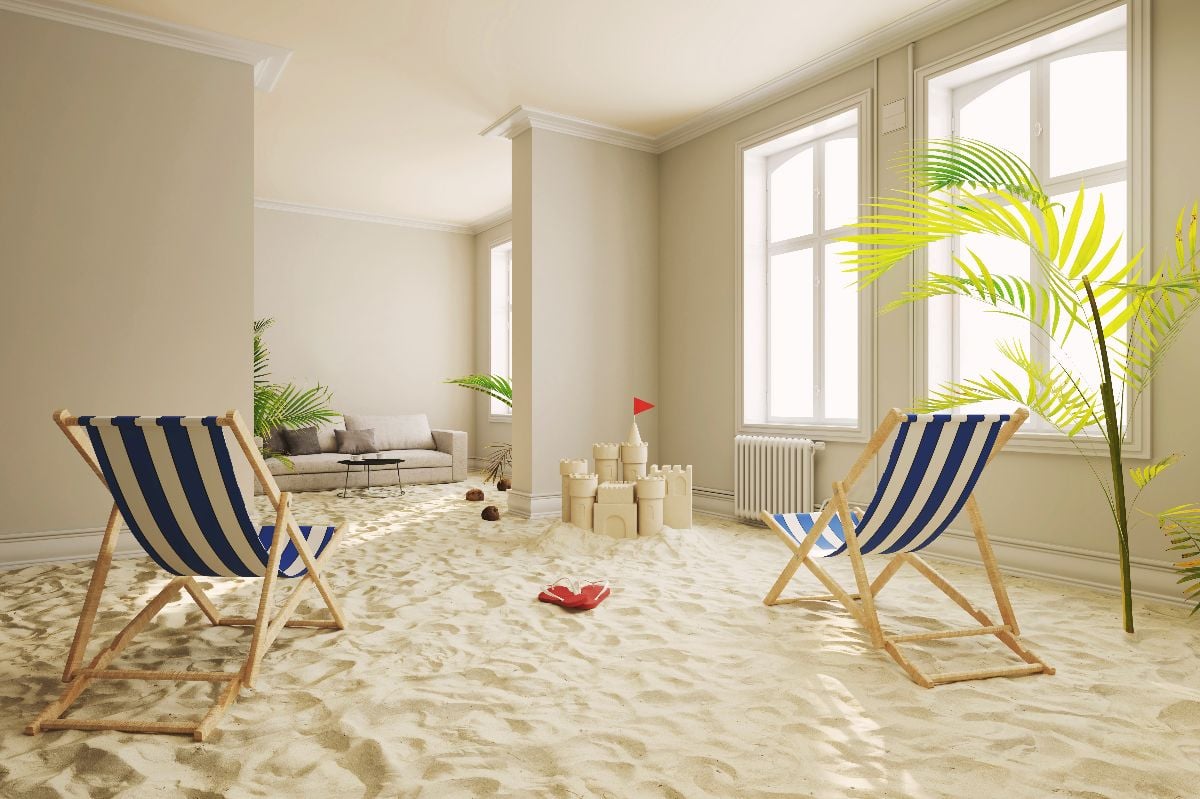
Sand gets everywhere in Florida. Everywhere. Your car, your house, your food, your bed, places sand has no business being, but somehow manages to infiltrate anyway. You develop military-grade sand removal protocols because living with constant sand is like having a very annoying roommate who never pays rent.
You keep towels by every door, vacuum your car weekly, and have learned to shake out everything before bringing it inside. Your washing machine processes more sand than some beaches, and you’ve made peace with the fact that you’ll never be completely sand-free.
The worst part? Visitors think sand in the house is charming and “beachy.” You know better. Sand is the enemy of air conditioning units, electronic devices, and clean floors. Fighting sand is a full-time job with no vacation days.
11. Portable Shade Solutions – Florida’s Pop-Up Religion
The sun in Florida doesn’t just shine—it attacks with the intensity of a nuclear reactor wrapped in humidity. Portable shade becomes essential survival equipment because sometimes you need protection from solar radiation while still pretending to enjoy outdoor activities.
Pop-up tents, beach umbrellas, and shade sails become your mobile base camps. You set up shade like you’re establishing military positions because standing in direct Florida sunlight for more than ten minutes can literally cook you.
And you become an expert in shade timing. You know which side of the building will have shade at what time, where to park to keep your car from becoming a furnace, and how to position outdoor furniture to maximize protection from the sun’s daily assault on your will to live.
10. Tourist Patience – Or Perfecting Your Avoidance Skills
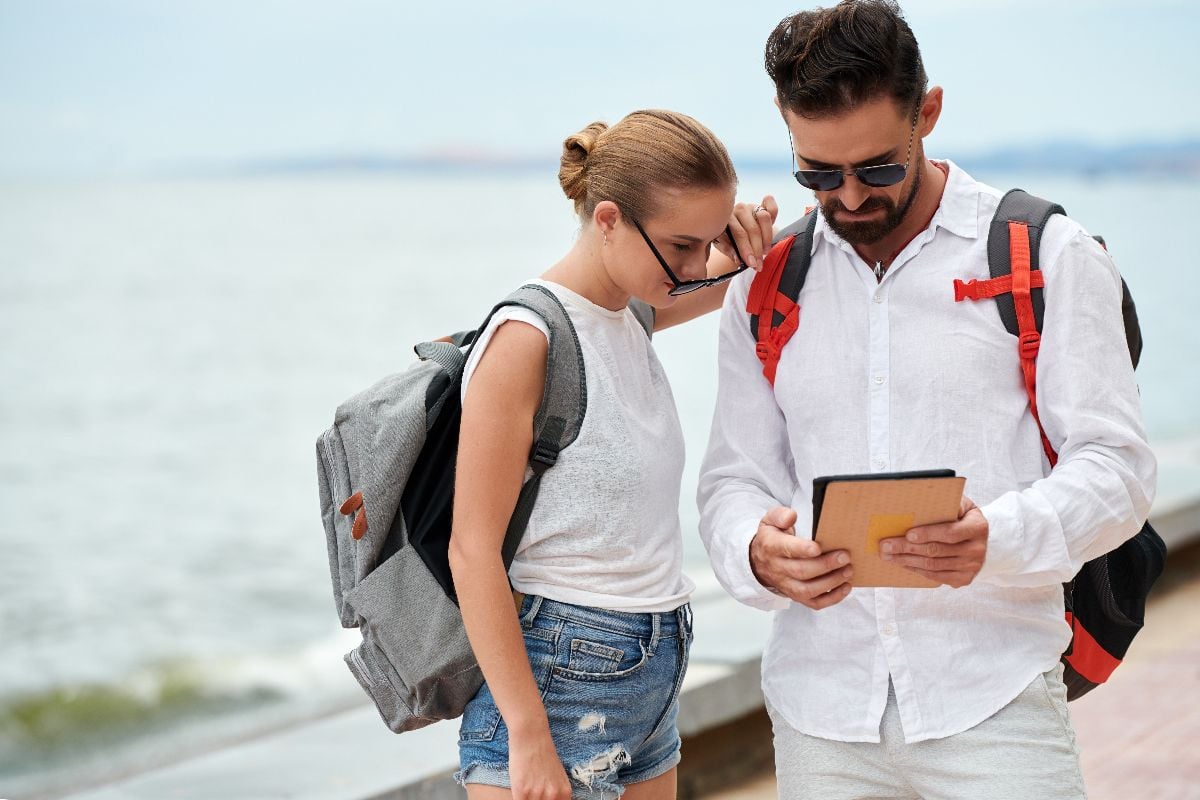
Living in Florida means sharing your space with millions of people who don’t know where they’re going, drive like they’re still figuring out how cars work, and ask you for directions to places you avoid during tourist season.
You develop supernatural patience for questions like “Where’s the beach?” when you’re standing in a coastal city, or “What’s there to do here?” when you’re surrounded by theme parks, beaches, and attractions. You smile, give directions, and die a little inside.
Or you develop tourist avoidance skills that would impress Navy SEALs. You know which roads to avoid during spring break, which restaurants to skip during peak season, and which beaches become refugee camps for people who’ve never seen sand before.
9. Alligator Awareness – The Neighborhood Watch with Teeth
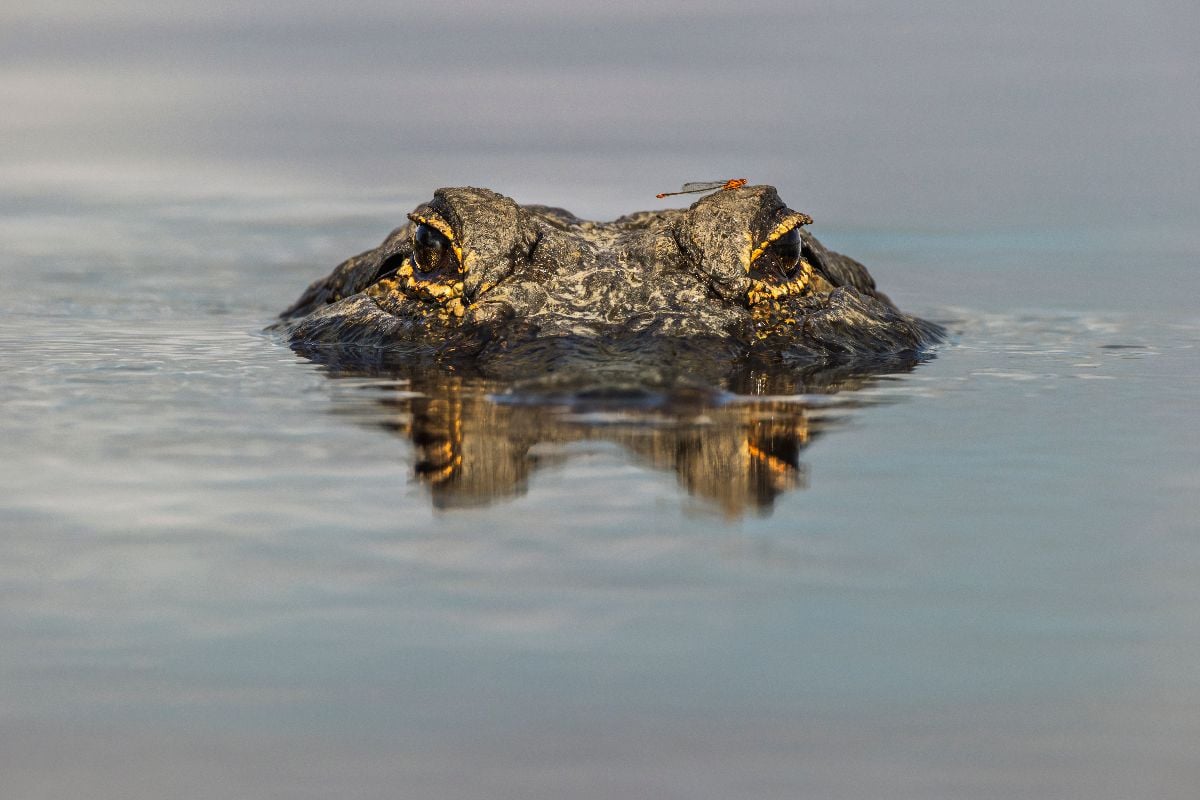
In other states, wildlife means squirrels and maybe deer. In Florida, wildlife means prehistoric predators that consider your pet a snack and your pond a vacation home. Alligator awareness isn’t paranoia—it’s practical safety knowledge.
You learn to check golf course water hazards before retrieving balls, scan retention ponds before letting dogs drink, and understand that any body of water larger than a puddle potentially contains teeth. It’s not that alligators are everywhere—it’s that they could be everywhere.
And you develop a casual attitude toward gator sightings that horrifies visitors. “Oh, that’s just Gerald. He lives in the pond behind Publix” isn’t fear—it’s neighborhood awareness. You respect alligators enough to leave them alone, and they usually return the favor.
8. Rain Gear – Your Sunshine State Plot Twist
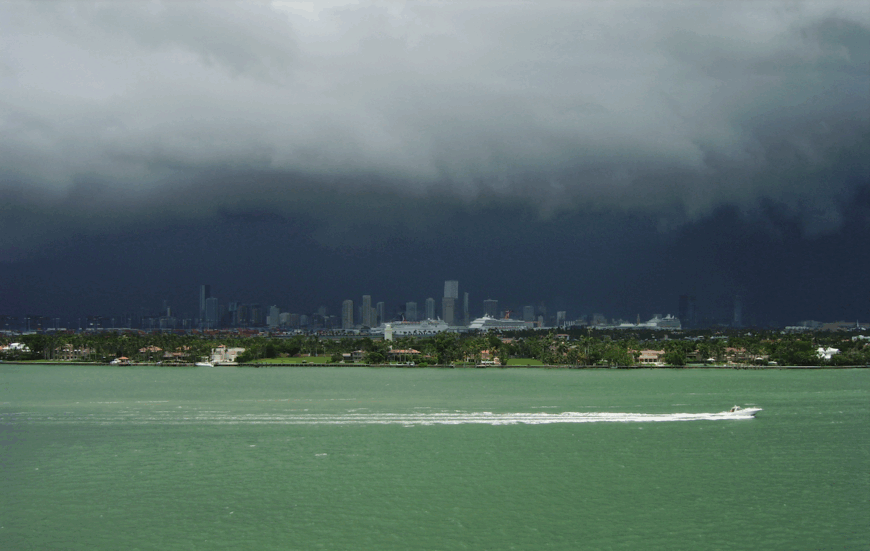
Florida sells itself as the Sunshine State, but every local knows the fine print: the sun comes bundled with surprise downpours that can drench you in under a minute. That’s why Floridians treat umbrellas and ponchos like currency — tucked into cars, backpacks, office drawers, and theme-park strollers.
The rookie mistake is thinking an umbrella will save you. One coastal gust and your umbrella is inside-out, mocking you in public. Ponchos are sturdier, but they rip right when you need them most. Veterans carry backup ponchos, because in Florida, redundancy is survival.
Rain gear isn’t about style — it’s about smugness. Nothing feels better than walking into Publix bone-dry while tourists sprint in looking like they just swam the parking lot.
7. Emergency Generator – Friend-Maker, Life-Saver, Noise Machine
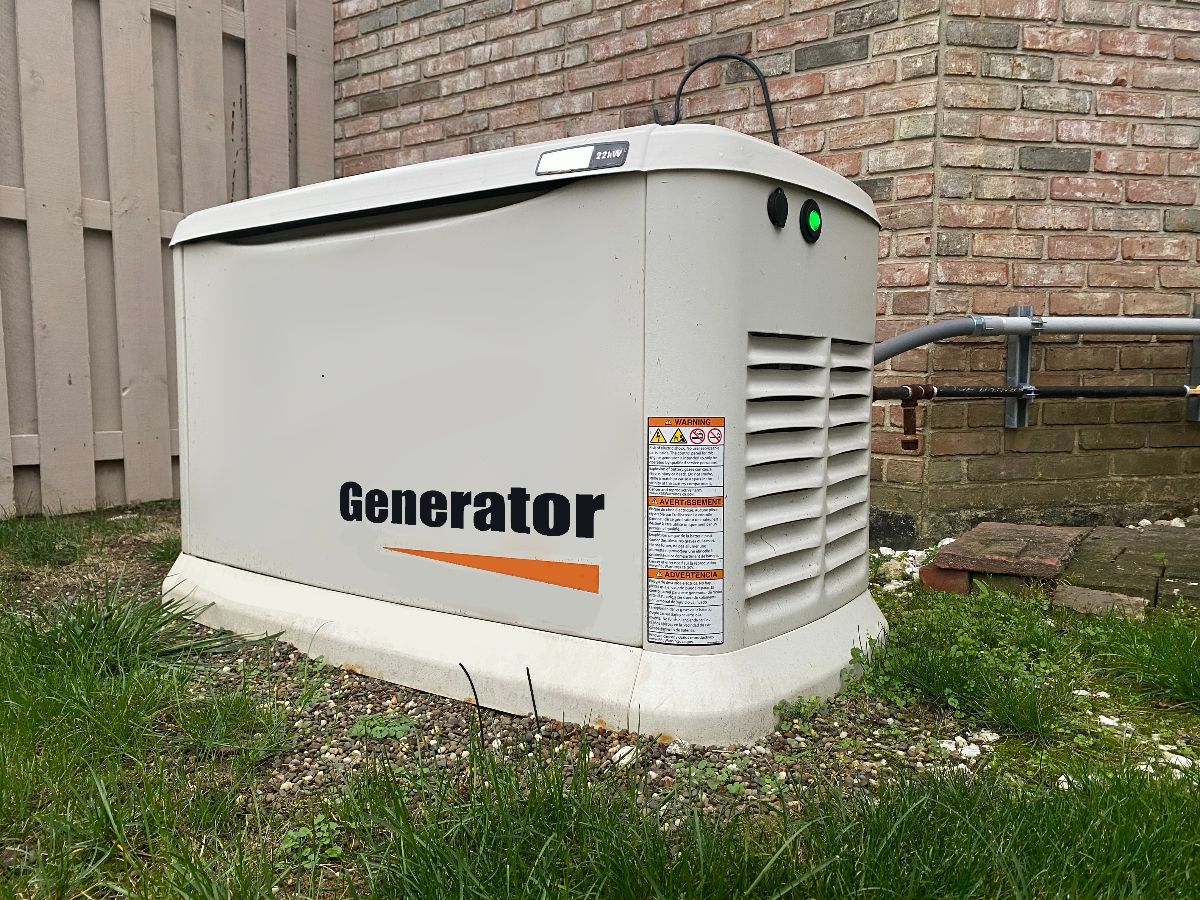
Would you like to save this?
Power outages in Florida aren’t just inconveniences—they’re potential death sentences when it’s 95 degrees outside and your air conditioning decides to take a vacation. Generators aren’t luxury items—they’re life support systems.
You learn generator maintenance like it’s a critical life skill because it basically is. Oil changes, fuel stabilizer, regular testing—these aren’t hobby activities, they’re survival protocols. When the power goes out, your generator becomes the most important machine you own.
And you become very popular during outages. Neighbors suddenly remember your name, offer to help with whatever you need, and casually mention that their phones need charging. Generator ownership comes with social responsibilities you never expected.
6. Year-Round Summer Clothes – Two Seasons: Hot and Less Hot
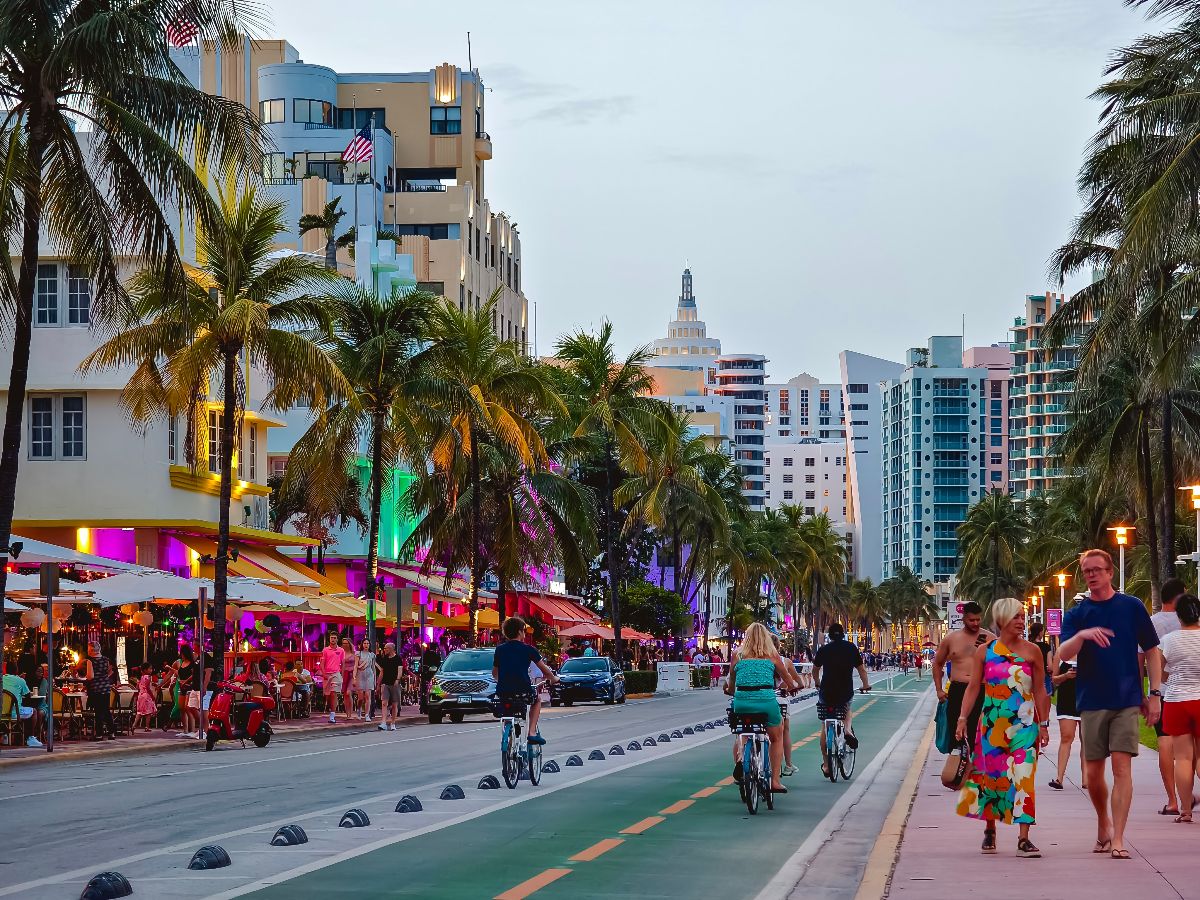
Other states have seasonal wardrobes. Florida has summer clothes and slightly lighter summer clothes. Your closet is filled with shorts, tank tops, sundresses, and flip-flops because Florida only has two seasons: hot and slightly less hot.
You own maybe three sweaters for the five days per year when temperatures drop below 70, and you guard them like precious artifacts because finding warm clothes in Florida stores during “winter” is like finding snow—theoretically possible but practically impossible.
And you develop a completely different relationship with clothing. Comfort and cooling become more important than style, though Florida style basically means “not melting while still looking human.” Fashion in Florida is about survival first, appearance second.
5. Pool Float Collection – Your Sanity, One Unicorn at a Time
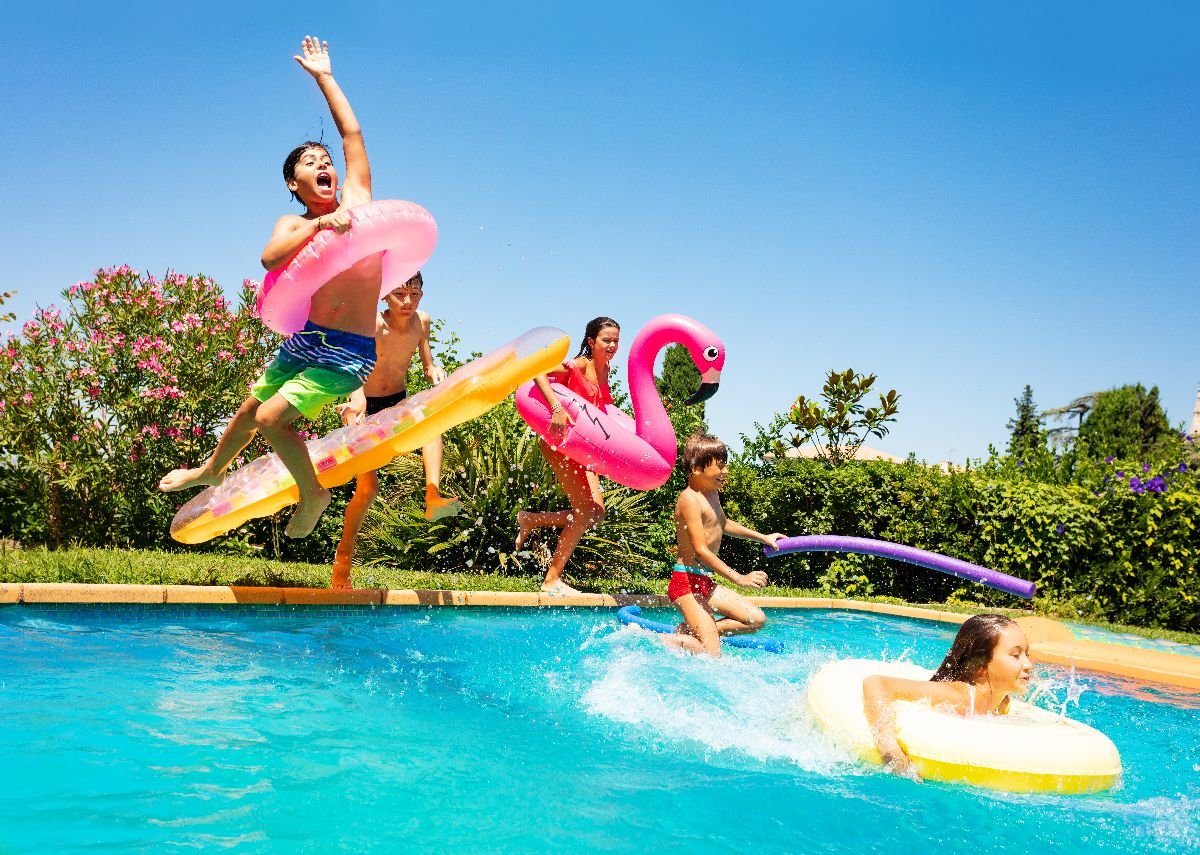
Pool floats aren’t just summer fun—they’re essential equipment for maintaining sanity during the eight-month summer season. You need different floats for different moods: lounging floats, drinking floats, and floats that let you pretend you’re not slowly cooking in chlorinated water.
Your float collection grows over time because pool float technology keeps improving, and you need backup options when your favorite float develops a slow leak or gets damaged by someone who doesn’t understand proper float etiquette.
And float storage becomes a legitimate home organization challenge. You need space for inflated floats during pool season and storage for deflated floats during the brief winter period when you pretend you might not need them for a while.
4. Local Hurricane Evacuation Plan – Choose Your Own Adventure, Interstate Edition
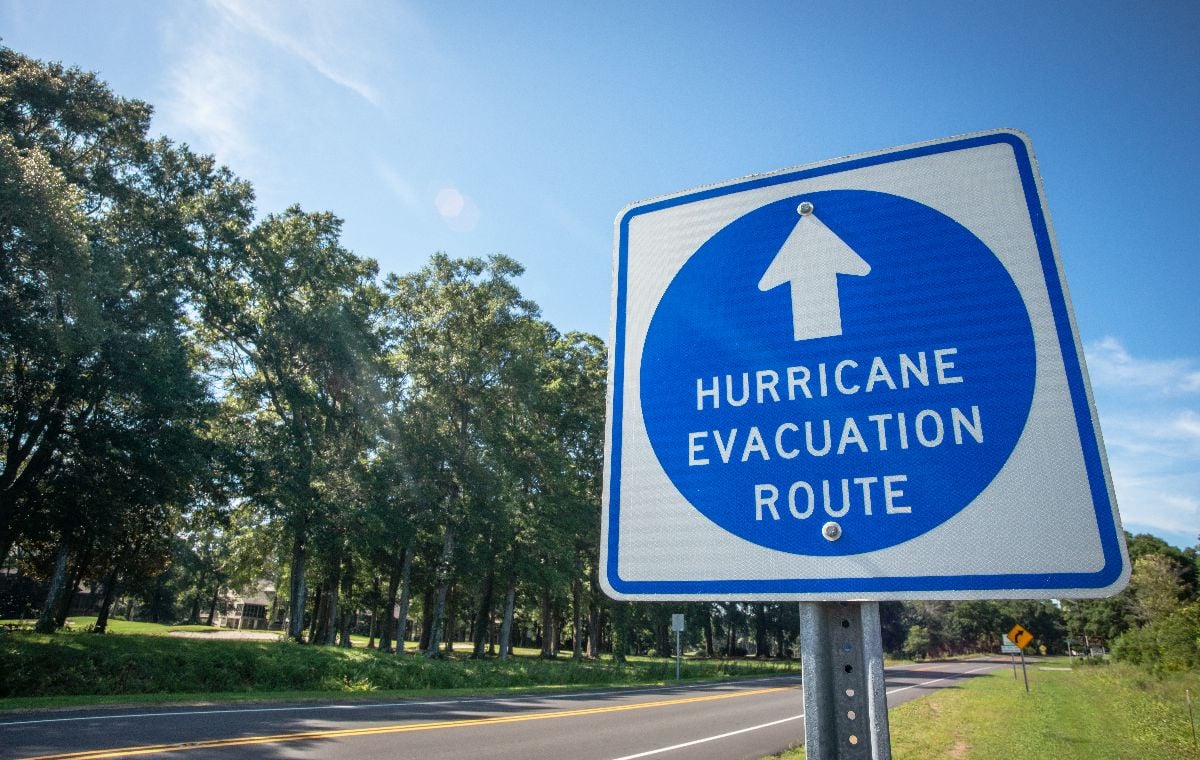
Every Floridian has an evacuation plan, even if they claim they’re riding out the storm. You know which roads become parking lots during evacuations, where you’ll go if you leave, and what you’ll take with you if you have two hours to get out.
Your evacuation plan includes backup plans for your backup plans because hurricanes are unpredictable, and evacuation routes become crowded faster than Disney World on New Year’s Eve. You know alternate routes, gas stations that don’t run out of fuel, and hotels that accept pets.
And you practice your plan in your head every hurricane season because the difference between successful evacuation and becoming a cautionary tale is usually preparation, timing, and luck. You hope you never need it, but you’re ready if you do.
3. Coastal Lifestyle Acceptance – Rust, Floods, and Gorgeous Sunsets
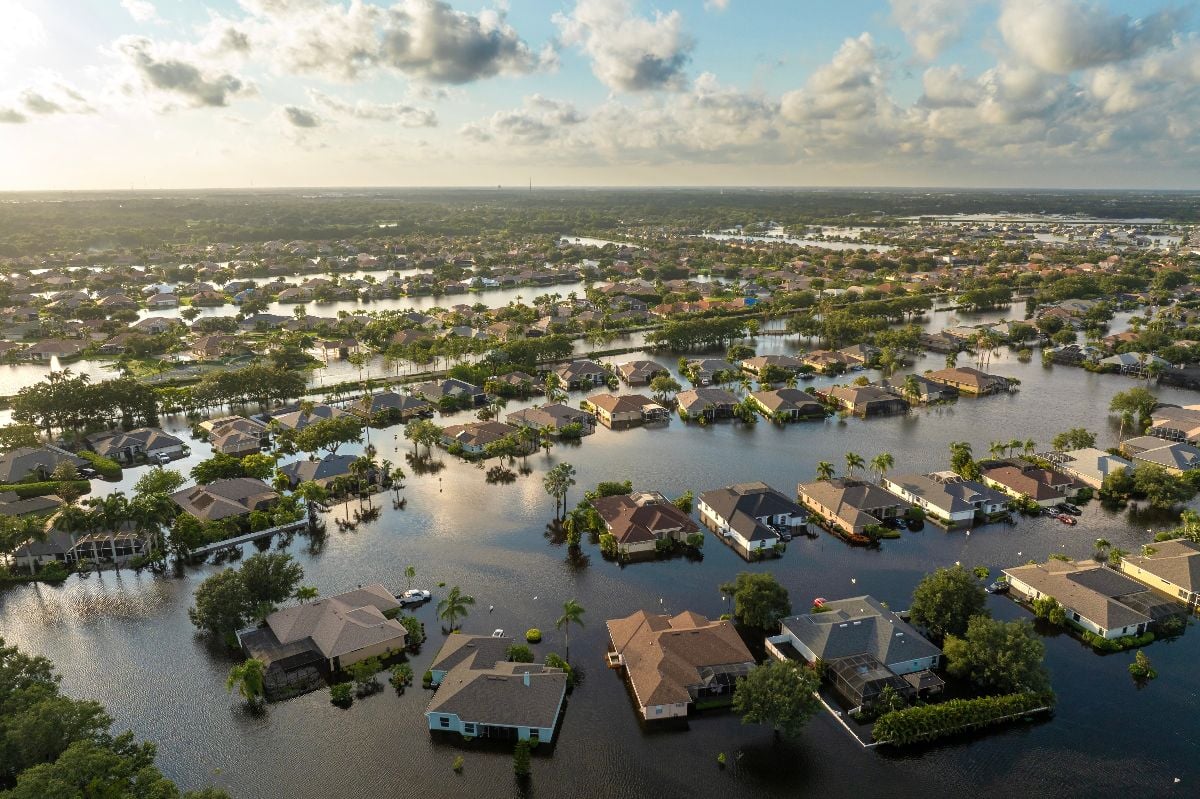
Living in Florida means accepting that your paradise comes with significant natural disaster potential. You live somewhere beautiful enough to make other people jealous, but dangerous enough to keep you humble.
Salt air corrodes everything, hurricanes threaten property, and the ocean that makes your sunsets gorgeous also makes your insurance premiums horrifying. You pay premium prices for the privilege of living somewhere that regularly tries to kill you with weather.
But you stay because when it’s perfect—and it often is—there’s nowhere else you’d rather be. Watching dolphins from your morning coffee spot, swimming in December, and enjoying sunsets that look like professional photography make the risks feel worthwhile.
2. Cubanos & Cafecitos – Breakfast, Lunch, and Life Support
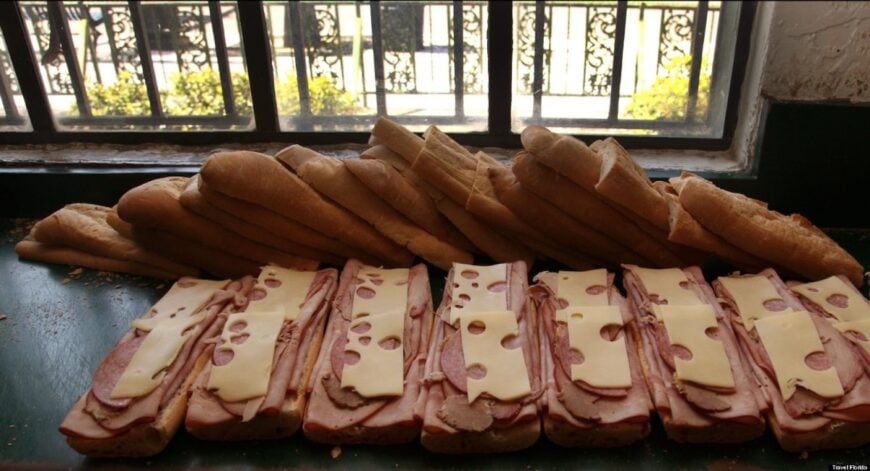
Florida doesn’t actually run on electricity — it runs on pressed bread and jet-fuel espresso. The Cuban sandwich got its footing in Key West, but it became legend in Tampa’s Ybor City, where cigar workers needed hearty lunches. La Segunda Bakery still cranks out the loaves that make Tampa Cubans the gold standard: ham, roast pork, Swiss, pickles, mustard, and, in Tampa only, salami. Miami calls that heresy, Tampa calls it history, and everyone else calls it delicious.
Then there’s cafecito, the tiny cup of espresso that doubles as Florida rocket fuel. At exactly 3:05 p.m. in Miami, life slows down so everyone can knock back shots so sweet they make dentists weep. Offices, gas stations, and corner counters buzz with the sound of tiny Styrofoam cups clinking like a statewide toast.
Together, Cubanos and cafecitos are the cultural backbone of Florida. They keep the state moving, caffeinated, and just argumentative enough to argue about sandwiches in the middle of a hurricane.
1. Sunglasses – Backup Pair for Your Backup Pair

The Sunshine State doesn’t just shine — it blinds. Step outside without sunglasses and you’ll feel like you’re being grilled by a celestial floodlight. That’s why Floridians don’t own a pair of shades; they own an ecosystem. There’s the glove-box pair, the beach-bag pair, the boat pair, the theme-park pair, and the gas-station emergency pair you bought when you left the good ones at home.
Fashion is secondary — this is survival. Driving east on I-4 in the morning or west on the Courtney Campbell Causeway at sunset without sunglasses is basically an act of self-harm. Polarized lenses aren’t style, they’re armor against glare bouncing off water, sand, and tourists’ rental cars.
The local giveaway? Sunglasses indoors. Floridians wear them in Publix, at the DMV, and yes, sometimes in church, not because they’re cool but because they forgot they were on. Sunglasses aren’t accessories here. They’re as essential as air-conditioning, bug spray, and a Publix sub in hurricane season.
The result? A state where half the population looks like rock stars and the other half like undercover cops. Either way, no one’s squinting.
Haven't Seen Yet
Curated from our most popular plans. Click any to explore.

